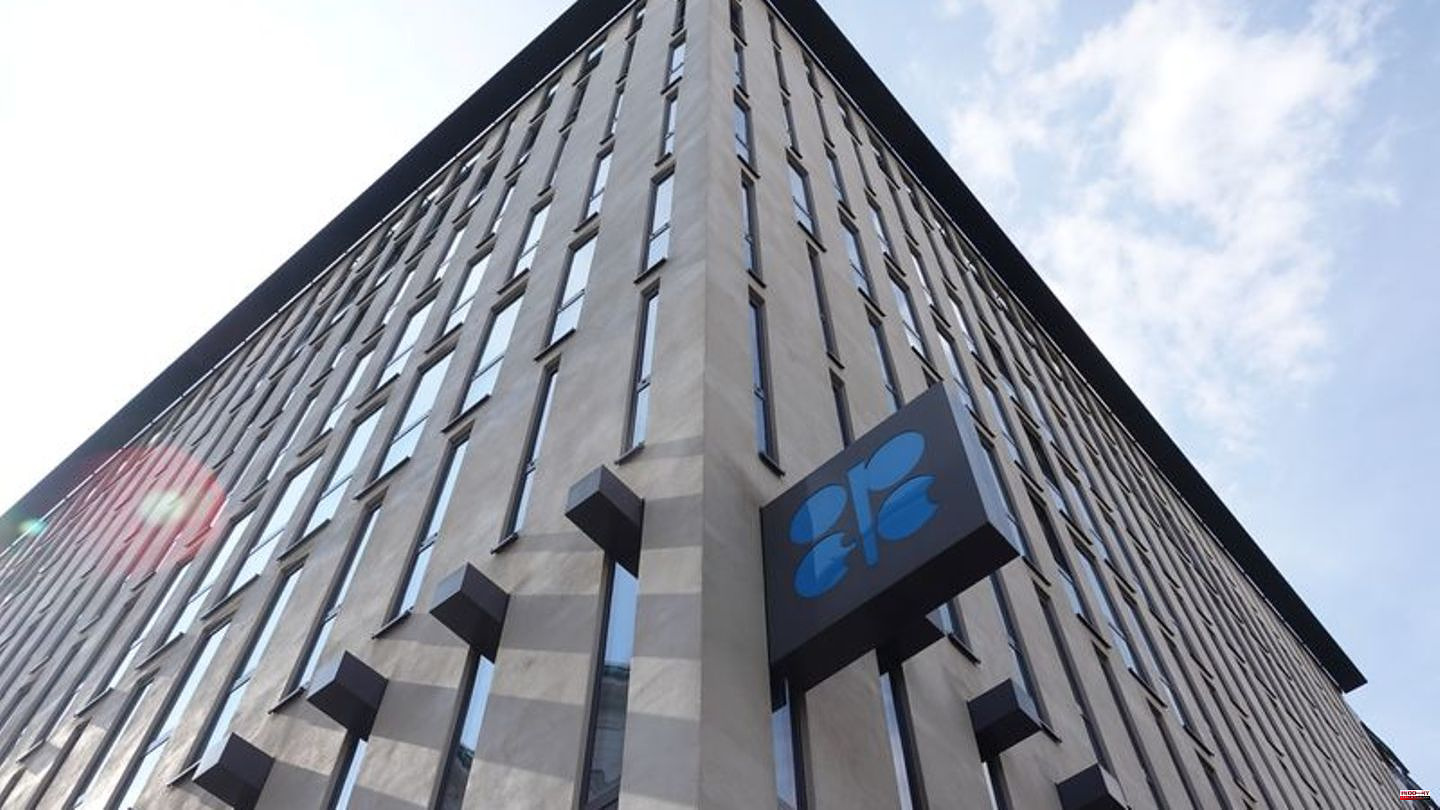Oil prices rose on Wednesday after oil cartel Opec cut production. Most recently, a barrel (159 liters) of North Sea Brent cost 93.06 US dollars. That was $1.25 more than Tuesday. The price of a barrel of West Texas Intermediate (WTI) rose $0.87 to $87.36.
The oil alliance Opec wants to significantly reduce its oil production. From November onwards, the association of 23 countries will produce two million barrels less oil per day. It's the biggest cut in production in a long time. The move is intended to at least stabilize the oil price, which has recently fallen by up to 30 percent. It comes "given the uncertainty surrounding the global economic and oil market outlook and the need to improve long-term oil market guidance," OPEC said.
Current oil prices
Oil prices rose after the decision to cut production. On Wednesday evening, a barrel (159 liters) of the North Sea Brent cost 93.06 US dollars. That was $1.25 more than Tuesday. The price of a barrel of West Texas Intermediate (WTI) rose $0.87 to $87.36.
Last but not least, the USA has been demanding that OPEC turn on the oil tap for months - also in the interests of the global economy. At the pumps, the price of petrol could move up again. The influence of the cartel, which expanded in 2016 to include ten non-Opec countries, remains significant. Allianz has a global market share of around 40 percent.
The US government described OPEC's decision as "short-sighted". President Joe Biden was disappointed, said Biden's national security adviser Jake Sullivan and the director of the National Economic Council in the White House, Brian Deese. At a time when maintaining global energy supplies is of paramount importance, this decision will have a particularly negative impact on low- and middle-income countries.
Russia needs to find new buyers
The bottom line is that the offer is not reduced in its entirety by the amount described on paper. Some states such as Nigeria, Angola and Russia are already producing less than the previous agreements allow. According to the International Energy Agency, the oil cartel's production in August was about 3.4 million barrels a day below the agreed level. "This is also due to the lack of investment in oil production infrastructure, for example in Nigeria and Angola, and the western sanctions against Russia," said Commerzbank analyst Carsten Fritsch.
Russia has to find new buyers for its crude oil from December. Then an almost EU-wide embargo on the import of Russian crude oil will come into force. So far, around two million barrels are still being delivered from Russia to the EU every day. However, Russian Energy Minister Alexander Nowak warned that this could lead to a temporary production cut.








